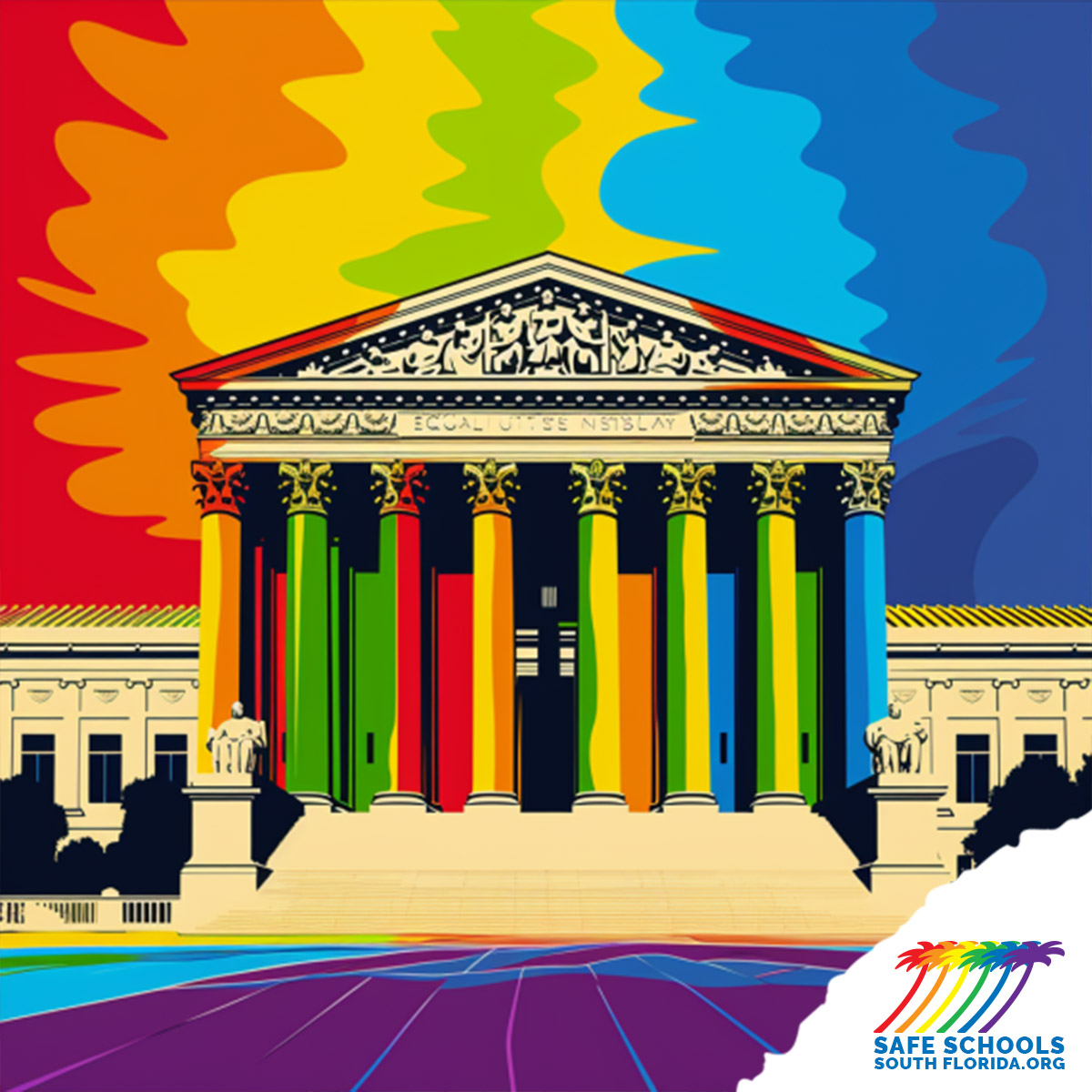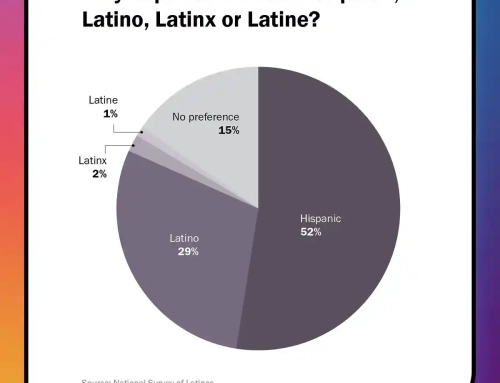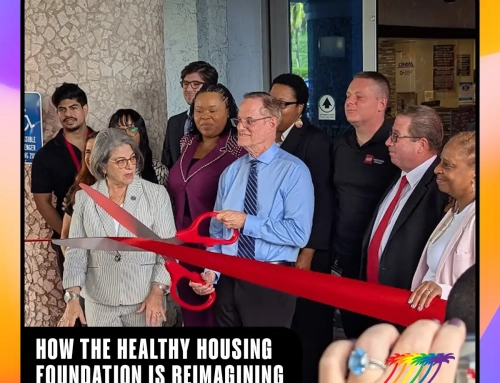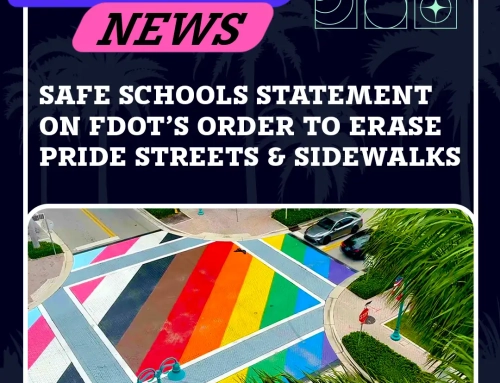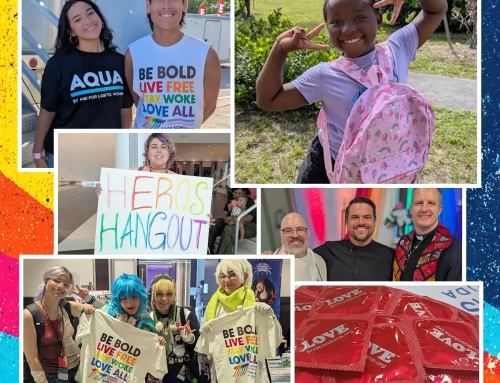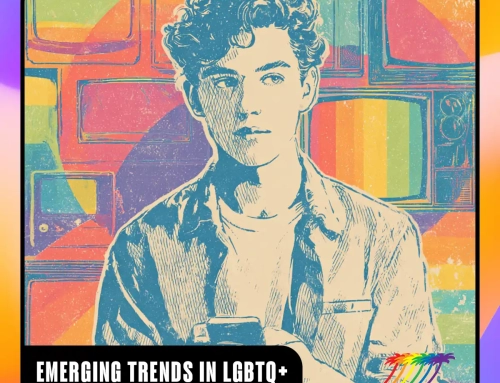The Supreme Court’s recent conservative-leaning ruling sparked a contentious dialogue on LGBTQ+ rights. The court allowed Lorie Smith, a Christian graphic artist, the right to refuse to design wedding websites for same-sex couples, going against a Colorado law prohibiting such discrimination. Smith argued that this law infringed on her First Amendment rights, sparking heated debates on the intersection of freedom of speech and discrimination.
This ruling opened Pandora’s box, with critics expressing fear about the potential implications. They worry this could pave the way for businesses to openly discriminate, potentially denying services to minorities, interfaith couples, and more. Smith’s supporters, however, argue that a contrary ruling would force artists to work against their beliefs, blurring the line between disagreement and discrimination.
Justice Neil Gorsuch argued that the First Amendment fosters freedom of thought and speech, which should not be curbed by government restrictions. Justice Sonia Sotomayor, alongside the court’s liberal justices, expressed a dissenting view, criticizing the court for sanctioning service denial to protected classes.
This decision marks another victory for religious rights, following a series of recent cases where the court favored religious plaintiffs. While the court has extended LGBTQ+ rights, it also emphasizes the need to respect differing religious views, echoing a sentiment from a previous case involving a Christian baker who refused to create a cake for a same-sex wedding.
Smith’s case is emblematic of these broader issues. As the owner of 303 Creative, Smith aspires to create wedding websites. However, her Christian faith conflicts with celebrating same-sex marriages. Colorado’s public accommodations law could fine Smith for such service denial, which she argues violates her First Amendment rights.
Friends, this ruling may appear as a setback for Queer rights, yet the fight for justice and equality is not over. While some use religious teachings to justify discrimination, it’s crucial to remember that not all religious individuals share these exclusionary interpretations of faith. Often, disagreements with queer individuals stem from a case of biblical illiteracy, ignoring the countless verses emphasizing love and acceptance. As we navigate these challenges, we must champion values of love, acceptance, and inclusivity – embodying the true message of faith and unity against prejudice and discrimination.
By: Harold Marrero
Chief Operating Officer
Source Article (CLICK HERE)
We encourage you to share this information with friends, fellow teachers, and allies and join us in bringing awareness to our efforts. Your support is essential for our ongoing work to create safe spaces for all students, regardless of ethnicity, gender, sexual orientation, or expression. Please consider donating to Safe Schools so that we can continue advocating for inclusivity and diversity within the education system.

